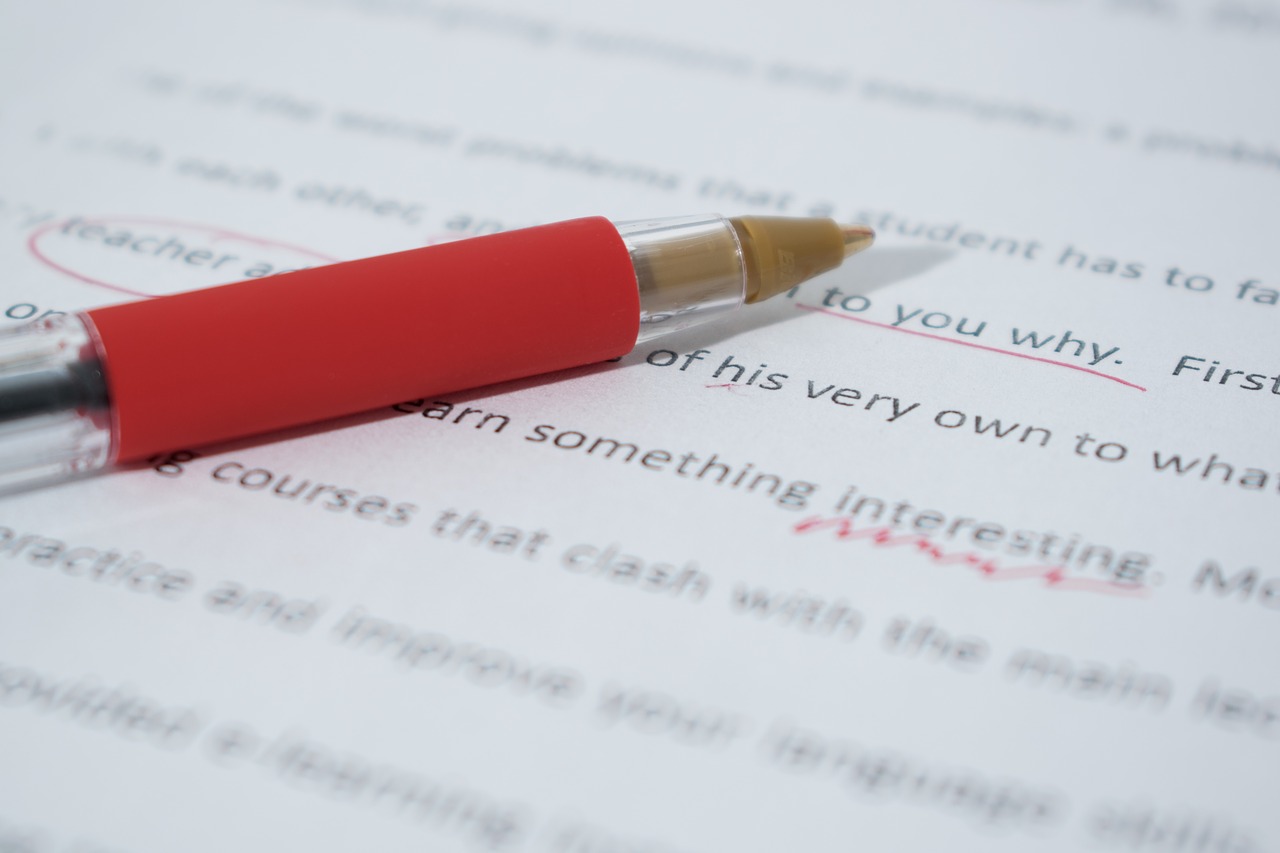Worst story openings for any story can make a good book worse. Writing an impressive story opening is vital for your book. If you readers loose interest at the start itself, how can you hook them to read your book. There are some basic mistakes which a novice author makes in the beginning itself . One must strictly avoid these story openings if you really want to hook your readers right from the start .So here let’s discuss the top worst story openings in general.
#1 Complex opening
Avoid this kind of worst opening for any story – never start with a concept that is quite complex for the readers to comprehend. Don’t write straight away with the heavy octane fiction concept thinking the readers are in same page as your thought process. It’s okay to pour ingenuous thoughts on paper but not at the beginning if you don’t want to lose your reader. Always start with something easy and understandable for the readers to get your point. Keep the complex stuffs in later chapters as the readers get the groove your story. Complex openings can be fictional terms , exaggerated longs dialogues without any tags.
#2 Exposition
If there is a mass exposition involved in a story plot, readers tend to divert away. It is absolutely fine to introduce your readers with the multiple characters, the world but not definitely in the beginning. It becomes to much for the reader . The characters, their action , future vision , love relationship can be written in further chapters. Don’t start by revealing everything as it gives a very bad hook to the reader.
#3 Prologues
Prologues are one of the worst story openings. These act as terrible hooks for your story. I won’t deny that there are successful books with prologues. It is generally a turn off for the readers although you may seem to feel you are reading an epic story.
#4 Cliched term ‘Once upon a time’
These are used when you’re a novice writer. But as you become more authentic and more experience writer, you must avoid these. These sounds very rookie and you enhance your writing style by using betters hooks rather than using these jargon.
#5 False Opening is one of the Worst Story Opening
False opening are probably one of the worst story opening s for any novel. If you are misleading the audience by showing them a picture which does not serve true in your story, then your readers are likely to move away from it. Never paint a dream sequence where the writer is showing some facts or fiction of the story just to entice the readers. But when you moving on to the next chapters of the story, there is no correlation with the dream sequence. Use proper hooks to entice readers but not faking out in the opening of story.
#6 Describing Weather/planet/world/kingdom/scenery is one kind of worst story opening
It bores me when I see a book starts with high octane adjectives describing a place, person , planet , climate, etc. In context of story, you may require a minimal description but that doesn’t mean a description of place will be a full chapter length. These serve as anti-hooks and readers are easily put off. Too much adjectives destroys the essence of description. Use simple adjectives may serve the purpose well enough to hook the readers.
Conclusion
A good story opening serves as a pillar for any story’s success. Write a great story opening and hook your rights right from first chapters.





I agree with this one Jamie. I am the same but I noticed it really depends on who is reading it too. I stumble a blog like this and I honestly felt the same but as I read other comments other readers love it.
Yes April, sometimes it really depends on who’s reading it.
I agree with all of these. Before I review a book, I typically read the first few pages on Amazon, and that can make or break my decision to review. So openings are crucial.
Absolutely. First few pages are always important.